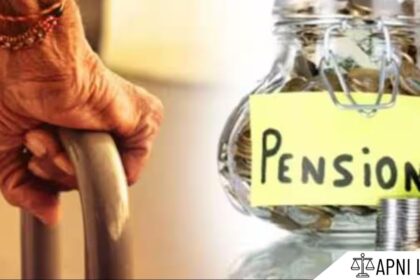Procedure Where Person Against Whom Order Is Made Under Section 152 Appears To Show Cause.
Code: Section 157 BNSS
- (1) If the person against whom an order under Section 152 BNSS is made appears and shows cause against the order, the Magistrate shall take evidence in the matter as in a summons-case.
(2) If the Magistrate is satisfied that the order, either as originally made or subject to such modification as he considers necessary, is reasonable and proper, the order shall be made absolute without modification or, as the case may be, with such modification.
(3) If the Magistrate is not so satisfied, no further proceedings shall be taken in the case:
Provided that the proceedings under this section shall be completed as soon as possible within a period of ninety days, which may be extended for reasons to be recorded in writing, to one hundred and twenty days.
Explanation of Section 157 BNSS
Section 157 of the Bharatiya Nagarik Suraksha Sanhita, 2023 (BNSS) deals with the process followed when a person challenges an order issued under Section 152 BNSS regarding temporary measures to prevent nuisance or danger.
Key Provisions
- Opportunity to Contest: If a person challenges an order made under Section 152, the Magistrate must conduct an inquiry similar to a summons-case trial.
- Decision on Order: The Magistrate may either confirm the order as it is, modify it, or reject it based on the evidence presented.
- Time Limit: The entire process should be completed within 90 days, extendable to 120 days with recorded reasons.
This ensures a fair hearing while preventing undue delays in resolving public nuisance matters.
Illustration
Example 1: Noise Pollution from a Factory
A factory emits excessive noise at night, causing distress to nearby residents. The Magistrate issues an order under Section 152 BNSS to reduce operations. The factory owner challenges the order under Section 157, presenting evidence that their operations comply with environmental norms. After reviewing the evidence, the Magistrate modifies the order, allowing daytime operations but restricting nighttime noise levels.
Example 2: Illegal Encroachment on Public Land
A street vendor sets up stalls on a public footpath, obstructing pedestrian movement. The Magistrate orders removal under Section 152 BNSS. The vendor appears before the Magistrate under Section 157, claiming ownership of the land. The Magistrate examines property records and finds no ownership proof. The order is made absolute, and the vendor must vacate.
Common Questions and Answers on Section 157 BNSS
What is the purpose of Section 157 BNSS?
- It allows a person to contest an order made under Section 152 BNSS before a Magistrate through a proper legal process.
What happens if the Magistrate finds the order to be reasonable?
- The order is confirmed either as is or with modifications as deemed necessary.
Can a person contest an order under Section 157 at any time?
- No. The process must be initiated within the prescribed legal timeframe as set by the Court.
What is the maximum time allowed to conclude proceedings under Section 157?
- 90 days, extendable to 120 days if necessary, with recorded reasons.
What if the Magistrate is not satisfied with the order?
- If the Magistrate finds the order unreasonable or unnecessary, no further proceedings will be taken, and the order is dismissed.
Conclusion
Section 157 BNSS provides an essential legal safeguard, ensuring that individuals affected by public nuisance orders get a fair hearing. It balances public interest with individual rights by allowing a structured process for reviewing Section 152 BNSS orders. By setting clear time limits, the law prevents undue delays while ensuring justice.
For more legal insights, visit ApniLaw today! 🚀








